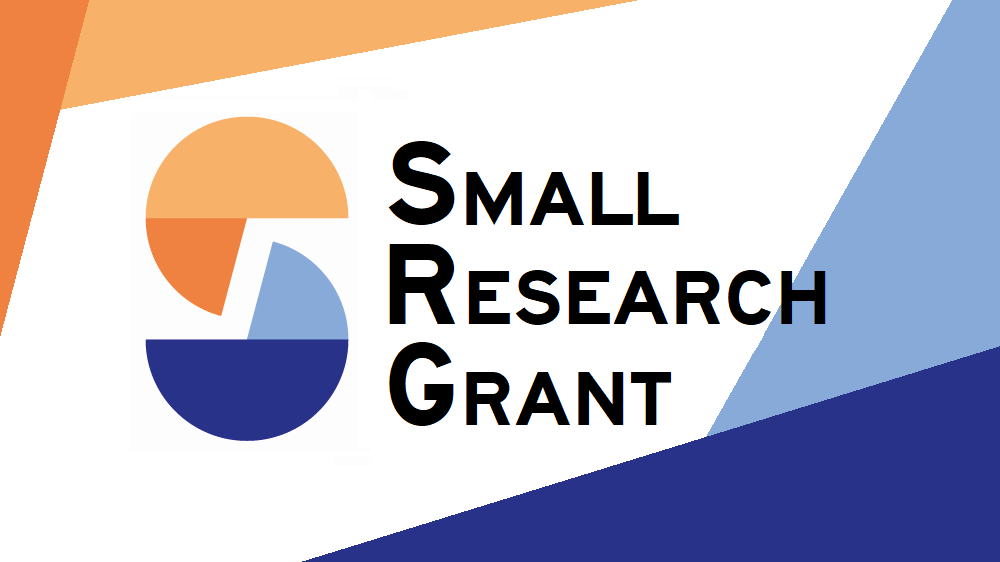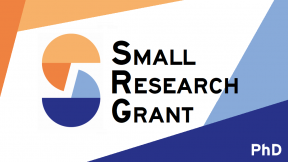Agriculture comprises a large share of employment in many developing economies, but accounts for a far smaller share of value added. A better understanding of the factors that lower agricultural productivity and impede the process of structural transformation, such as frictions which hinder the sorting of individuals to more productive sectors of an economy, could help explain the income differences between rich and poor economies. In this context, the role of agricultural policies in distorting occupational choices and cropping decisions is particularly relevant. Many developing economies subsidise agricultural inputs, like fertilisers and electricity, while also providing a price floor at which certain crops are procured from farmers. This project shall evaluate the quantitative effects of such input subsidy and product price support programs in the context of a particular developing economy, India, where these subsidies form the bulk of the overall subsidy to the agricultural sector.
The project shall motivate the importance of these policies for occupational and cropping choices using district and state-level data for India from 2004-2016. Regarding input subsidies, a policy change deregulating the prices of certain fertilizers is exploited to establish, using both an event study and a difference-in-difference approach, a shift away from the production of staple crops (like rice and wheat) toward cash crops (like oilseeds and cotton). For the price support policy, variation in the district-wise intensity of sales to the government at the support price is exploited to document that support prices distorted cropping choices in favour of crops which were included in the price support program. The quantitative exercise develops a dynamic occupational choice model that is calibrated to the Indian context using village level panel data, along with relevant data at district, state and national level. The quantitative model shall first evaluate the role of price support and input price subsidy policies on misallocation and productivity. It is then used to study the short and long-term effects of counterfactual policies to support farmers.
While the model shall be calibrated to an Indian context, producer price support programs are employed in many African and South Asian economies, like Ghana and Malawi, and Bangladesh respectively. The dynamic quantitative model could serve as a novel template to quantify the country-specific distortions associated with price support or input subsidy programs in different countries and to evaluate the potential benefits (both budgetary and productivity) of switching to alternative programs, like crop insurance or cash transfer policies. In addition, such policies tend to differentially impact agents across the wealth distribution. The dynamic model could specifically enable policymakers to evaluate programs targeted toward individuals in certain income or wealth categories.






























































